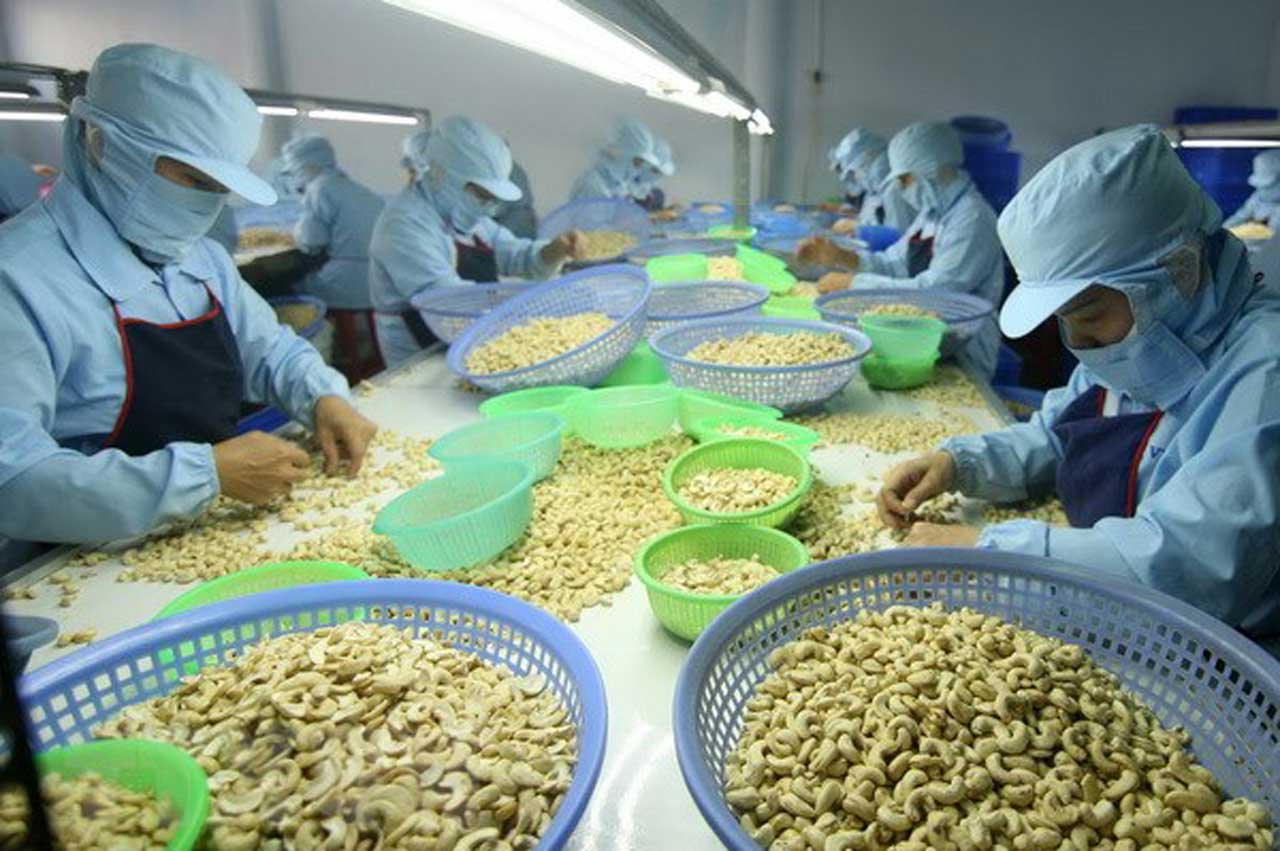HCMC – Vietnamese agricultural exports to the European Union (EU) will likely encounter significant challenges in the coming months due to new technical standards being considered by the EU.
A notification from the Vietnam Sanitary and Phytosanitary Notification Authority and Enquiry Point (SPS) says the EU is proposing changes to the maximum residue limits (MRLs) for various agricultural products, potentially reducing these limits significantly for certain active substances.
The substances under scrutiny include Zoxamide, Fenbuconazole, Penconazole, and Acetamiprid, which are often used in Vietnamese agricultural exports to the EU. The new standards are expected to take effect in February 2025.
The proposed changes could impact a wide range of Vietnamese exports, including avocado, banana, mango, papaya, pineapple, guava, durian, as well as various vegetables, tea, coffee, pepper, rice, and some animal-derived products.
The EU remains a crucial market for Vietnamese coffee, pepper, and tea. In the first five months of this year, the EU spent 4.93 billion euros on coffee imports. Imports of Vietnamese coffee rose by 71.5% to over one billion euros, increasing Vietnam’s share of the EU market from 16% to 20.35% year-on-year, according to data from Eurostat cited by Vietnam’s Ministry of Industry and Trade.
Vietnam’s pepper exports to the EU also increased, with the bloc importing 48,790 tons of pepper from non-EU markets, valued at 225 million euros, during the first five months of 2024. Vietnamese pepper accounted for over 31,300 tons and 136 million euros, a 25% rise in volume and a 36% increase in value compared to the same period in 2023.
However, the EU’s tea imports from Vietnam remain modest, with Vietnam accounting for just 0.19% of the total tea import value in the first four months of 2024, despite a slight increase in overall EU tea imports during that period.
Vietnamese exporters are urged to closely monitor these evolving regulations to ensure compliance and avoid potential disruptions in trade with the EU.











